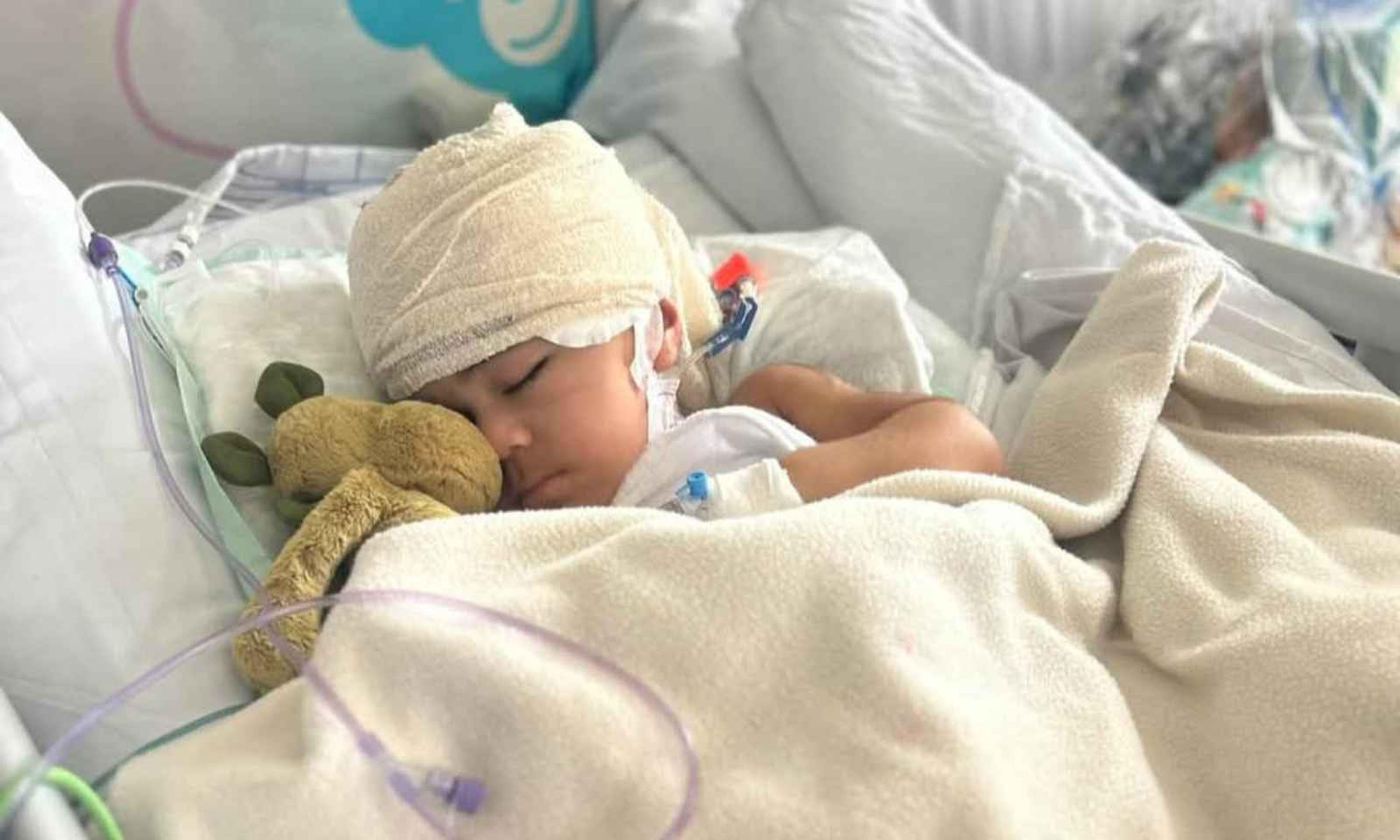

Rush Hour Community Basketball Run meets every Monday, Wednesday, and Friday at the Ōtara Rec Centre aka 'The House o Pain'
Photo/Atutahi Potaka-Dewes
Play with a purpose: South Auckland’s basketball brotherhood
‘Rush Hour’ isn’t your average scrimmage. It’s a 5.30am wake-up call for connection, cardio, and convos, led by local heroes.

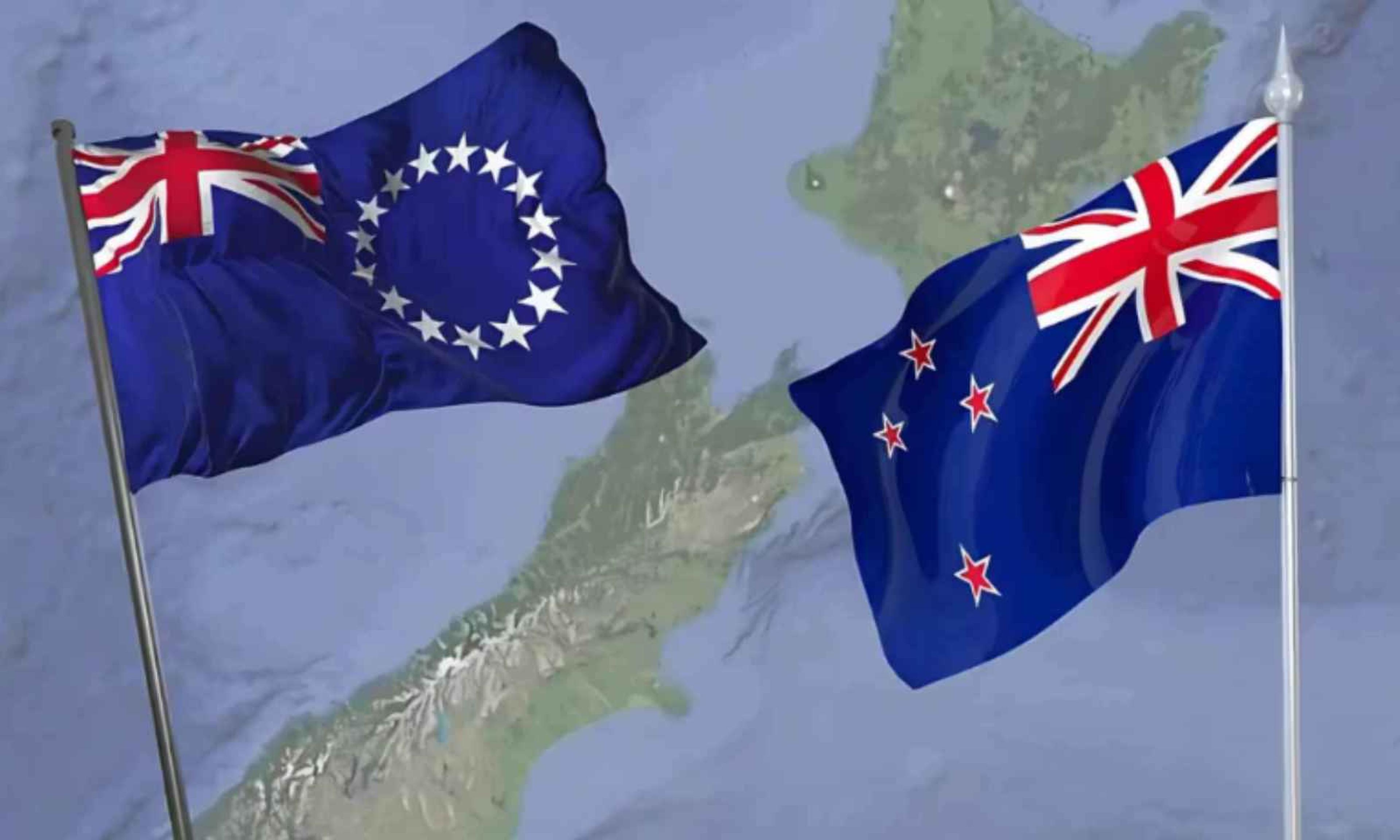
Cook Islands projects still delayed as NZ funding suspension continues over tensions
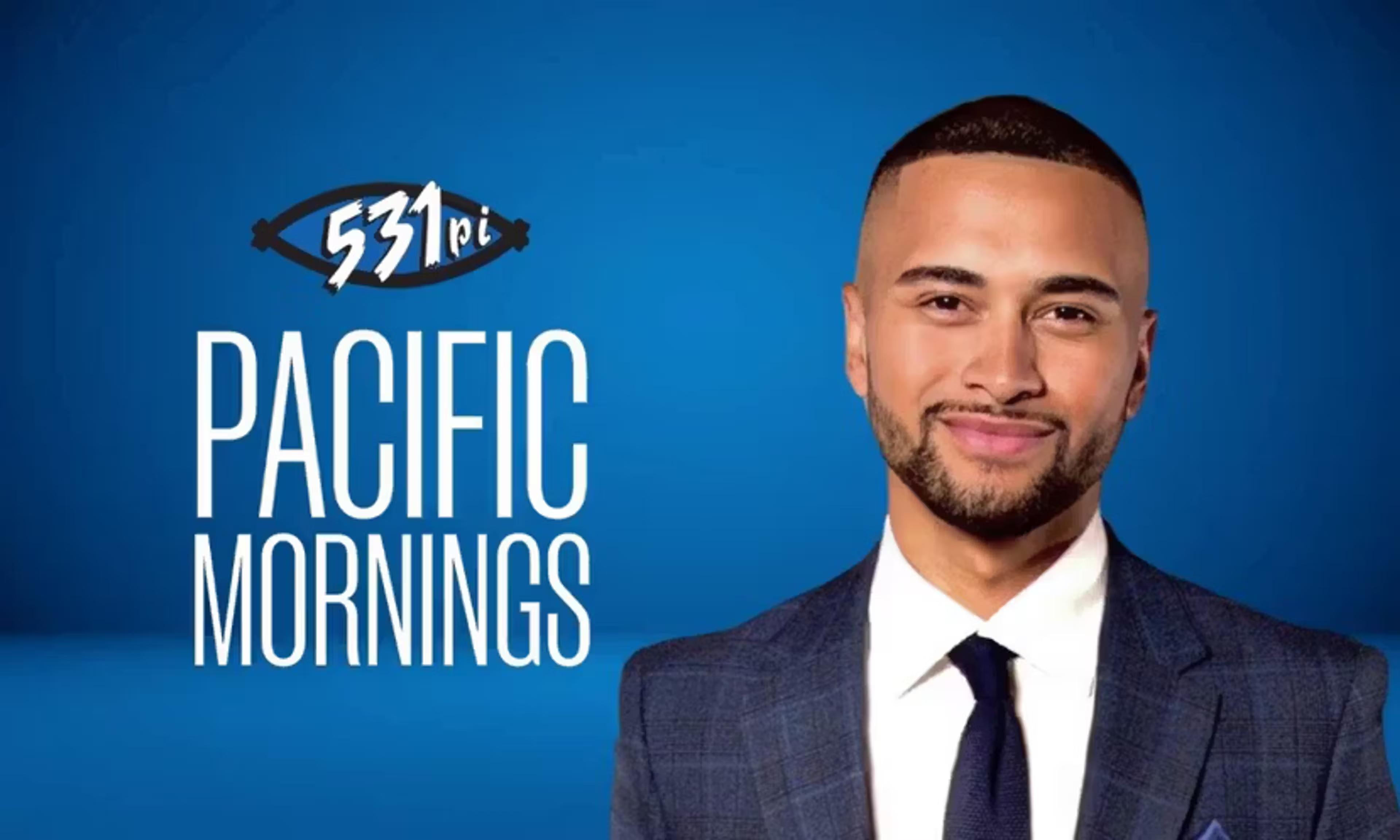

Pacific leaders demand fair backing as Moana Pasifika cancels Tonga Super Rugby match

Immigration grants visa to injured NZ-born toddler after review

Cook Islands projects still delayed as NZ funding suspension continues over tensions


Pacific leaders demand fair backing as Moana Pasifika cancels Tonga Super Rugby match
In the early morning hours of Ōtara in South Auckland, the streets are silent, except for the glowing lights from the Pool and Leisure Centre.
Inside, men and women from all over Tāmaki Makaurau prepare for their own ‘Rush Hour’ basketball session.
For 19 years, locals have come together three times a week to shoot hoops - not for any particular league, but because, as organiser Shaun Tautali puts it, “health is wealth”.
Tautali, a community health worker for South Seas Healthcare, says the initiative started with the Blue Light youth programme and a quick-paced mini basketball format called ‘fast ball’.
Over the years, the community has grown, eventually leading Tautali to establish the Rush Hour Community Basketball Run.
“About 14 years ago, we started the B-Ball runs and it was only about three or four…we enjoyed coming in the morning just to shoot some hoops,” Tautali says.
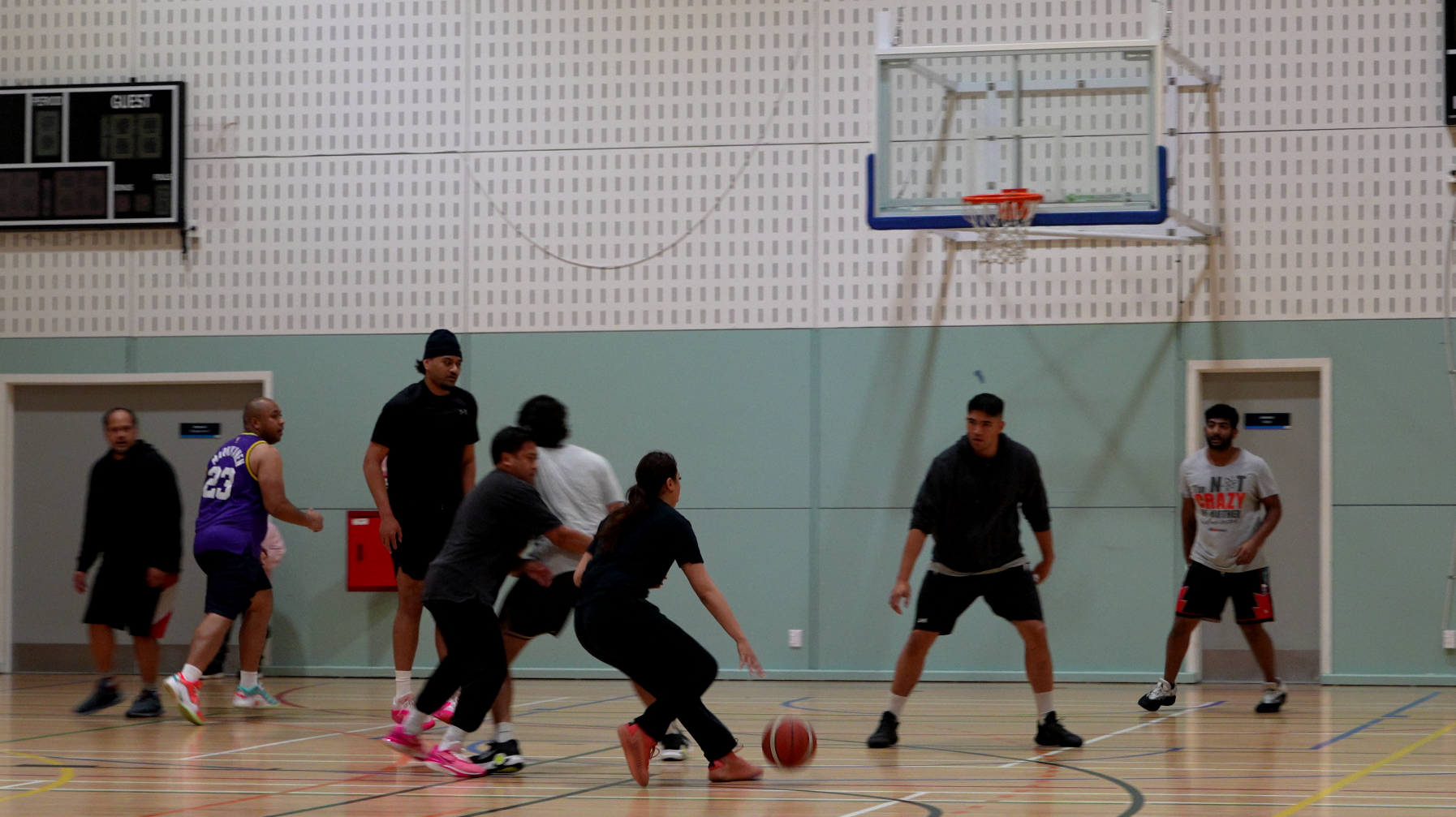
Photo/Atutahi Potaka-Dewes
“The word got out and then it was just the community brothers who enjoyed basketball. Then about 10 years ago, we started to get regular numbers.
“I just want to acknowledge all the guys and gals that come every morning.”
Although based in South Auckland, many attendees drive in from Papakura, East Auckland, and West Auckland.
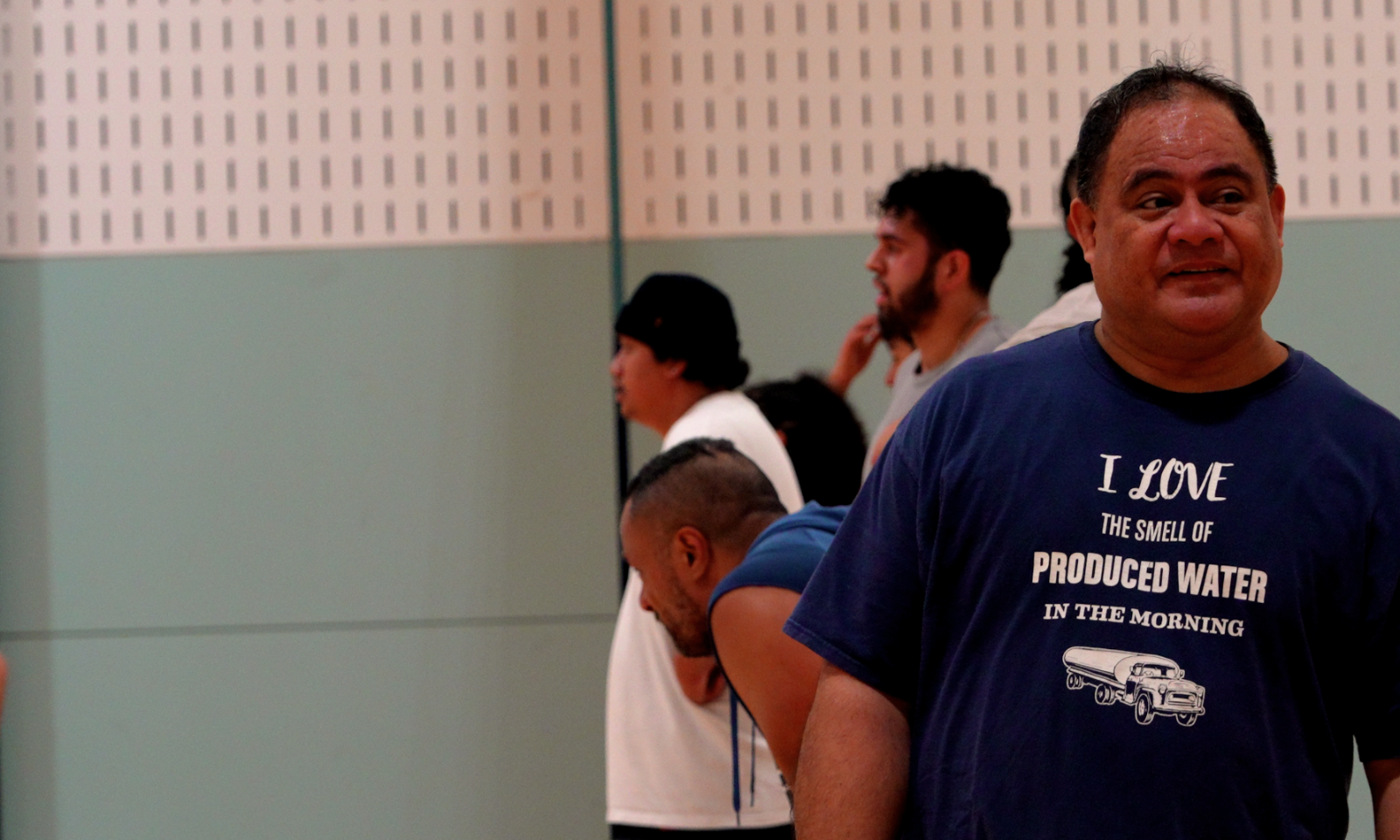
Photo/Atutahi Potaka-Dewes
Rush Hour meets at 5.30am every Monday, Wednesday, and Friday. Participants range from 14-year-old students to men in their 50s, with around 40 to 50 people showing up regularly, including a few women who have joined the group.
The Rush Hour Facebook page has over 140 members, and Tautali says the friendly banter in the group chat can continue for days.
Tautali says the programme is an opportunity for “those who love basketball to come and hoop”, outlining the principles of Rush Hour.
“Leave your egos at the door. Bring your A-Game and come and embrace, acknowledge, and uplift our brothers and sisters playing,” he says.
“No registrations or anything, just turn up and bring your boots.”
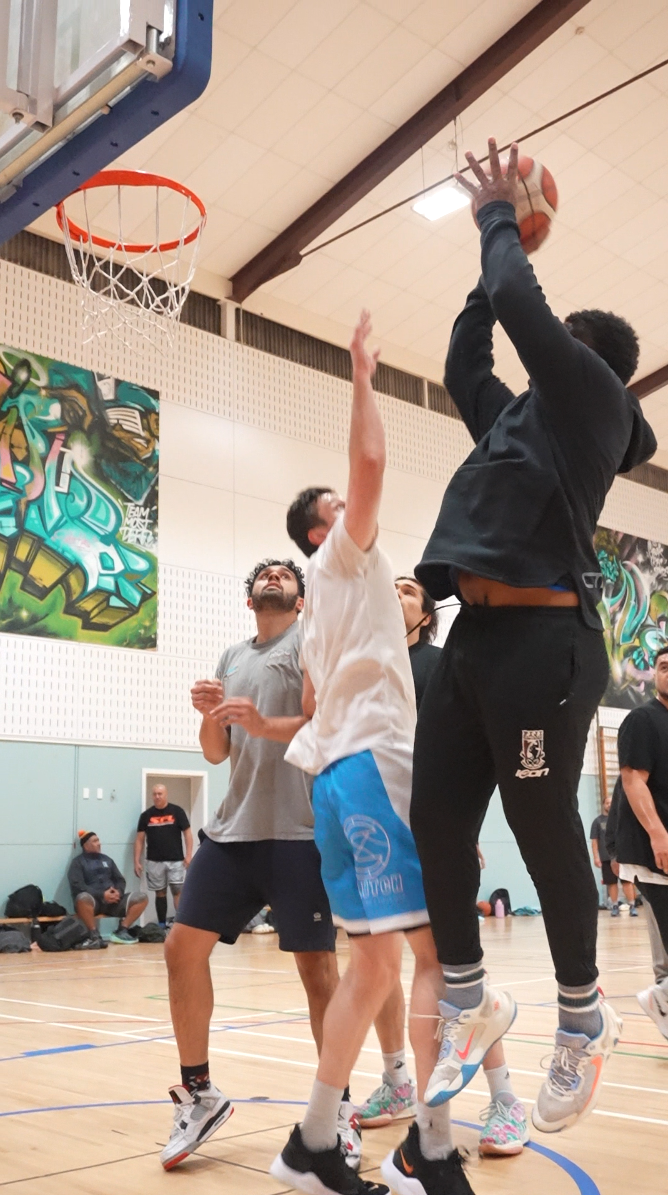
Photo/Atutahi Potaka-Dewes
More than a game
Rush Hour is more than just basketball. It’s a movement that encourages healthy living, both physically and mentally.
For Tautali, improving men’s mental health is a top priority.
“Ensuring that our brothers come in and do a bit of exercise, including myself, the older guys as well. Get a bit of cardio in, and not do road runs or treadmills.
“We’ve got some really wonderful guys come in from all walks of life, different jobs, and we just enjoy their comradeship.”
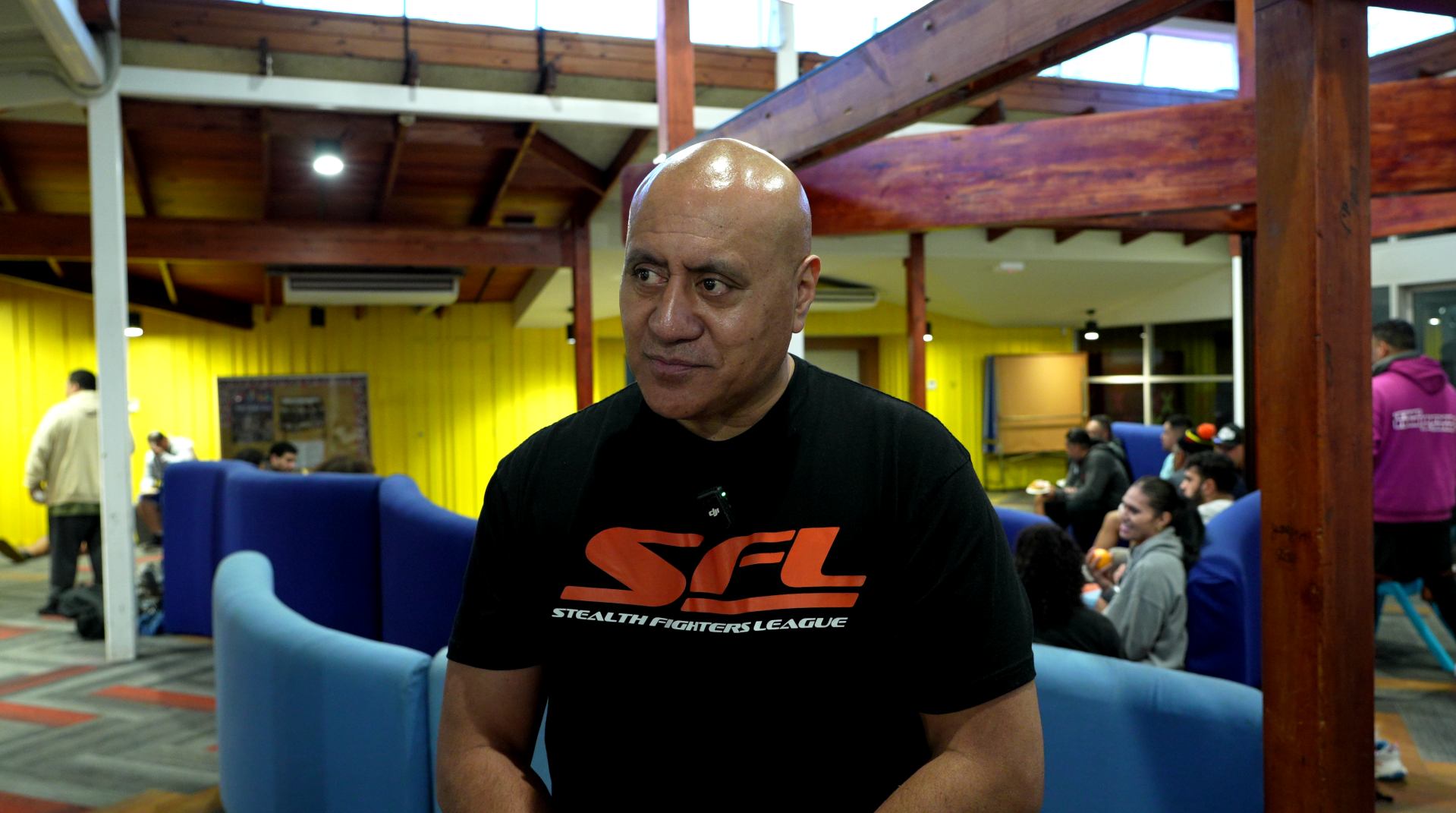
Community health advocate and Rush Hour Basketball Run organiser, Shaun Tautali. Photo/Atutahi Potaka-Dewes
Tautali emphasises the importance of supportive sportsmanship, noting that many Rush Hour members use the morning sessions to express themselves. Through his mahi, Tautali can help guide people to the specific assistance they need.
He says it is a “safe space to kōrero” where young men often seek life advice, and the older boys gain new perspectives.
“There are always a lot of conversations going around, and it’s important we continue to do that. It’s not just basketball, we’re looking at the well-being of our community.”
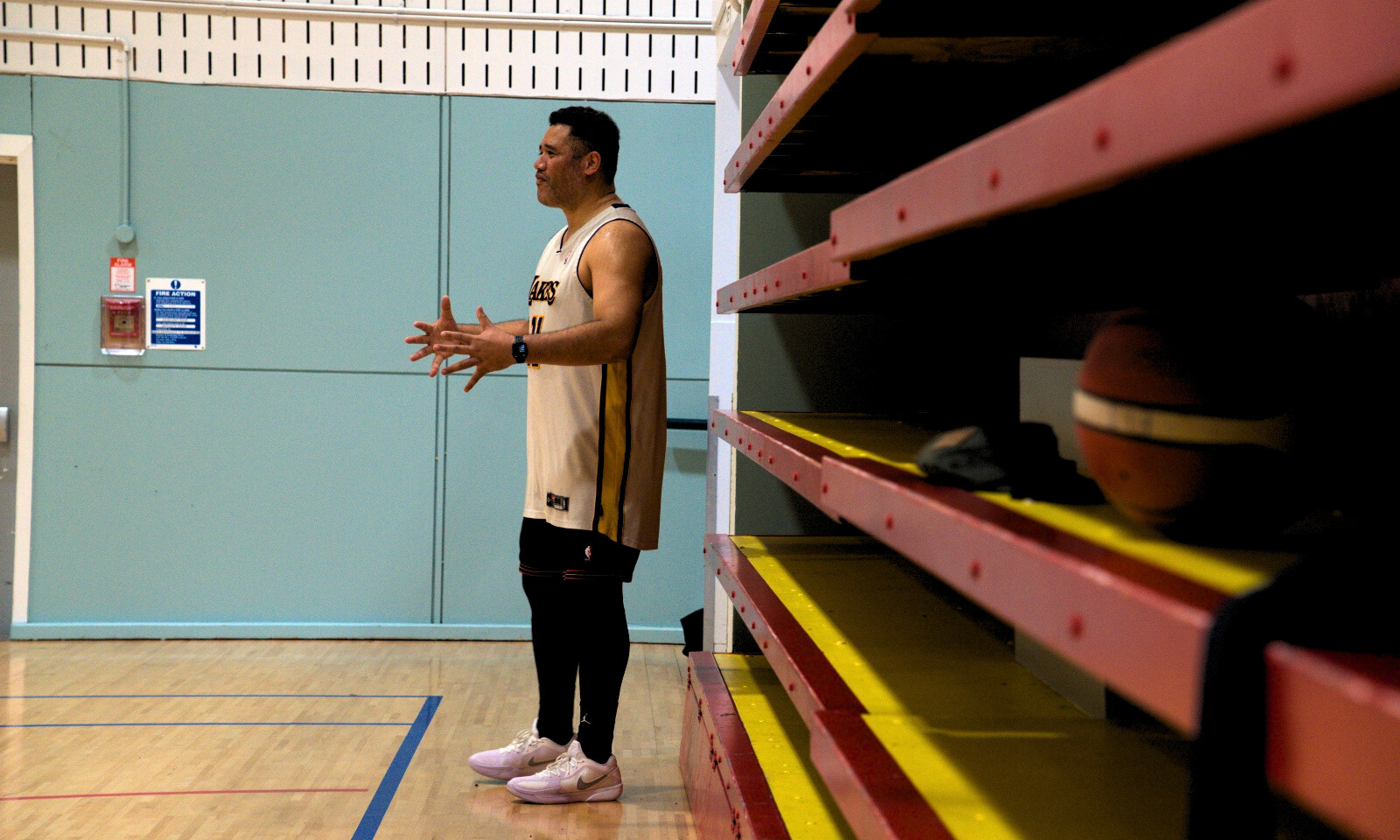
Photo/Atutahi Potaka-Dewes
Honesty rules
All skills and fitness levels are welcome, as games are structured simply. Depending on attendance, teams are made up of seven or nine players. Two full courts are used, with each basket counting for one point; the first team to seven points wins.
“It’s honest calls. I think we’ve created a good trust system where everybody calls their own fouls. A lot of banter, of course, being majority Māori and Pacific players.
“But at the end of the day, respect is really important. So play hard and play fair.”
Word of these morning meet-ups has spread organically, with many of the players bringing their spouses, who in turn bring their friends.
Tautali is proud to see the programme grow and hopes to “keep on keeping on, for as long as my legs will go”.